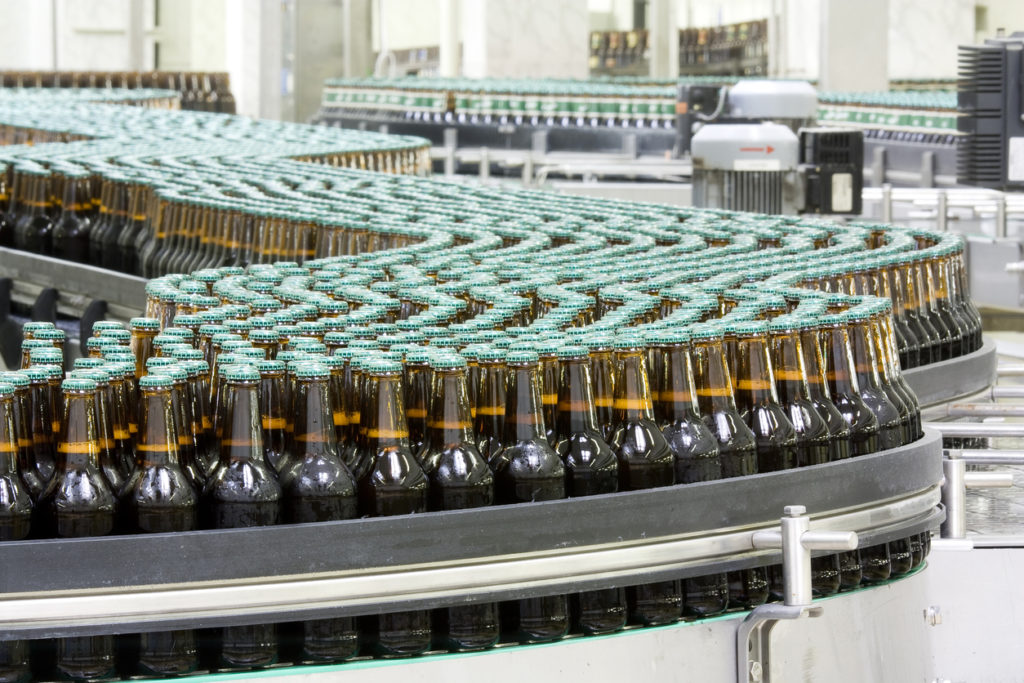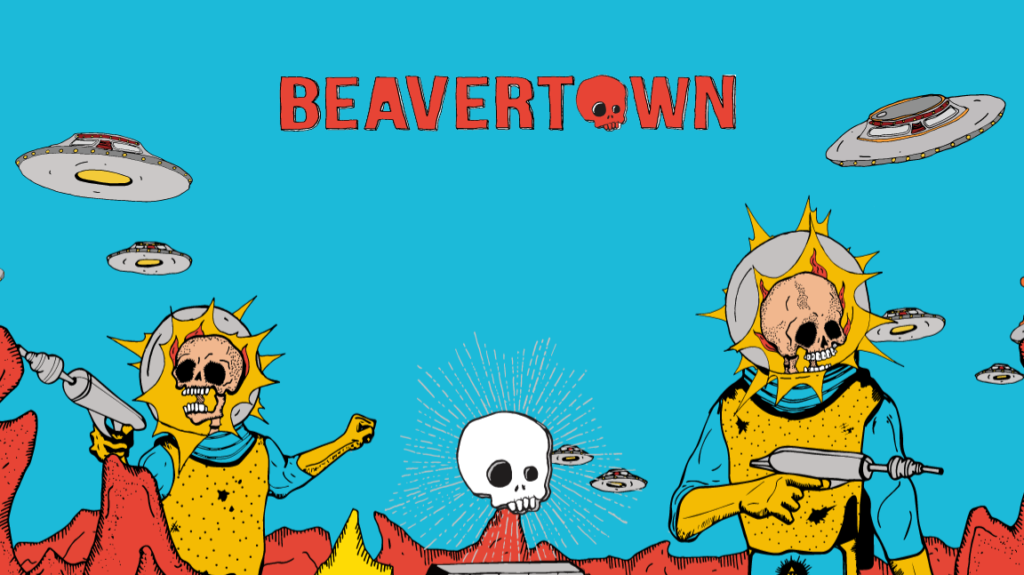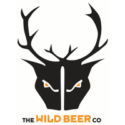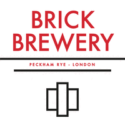Craft beer investment – funding Britain’s hop-heads
Category: Uncategorized
In June, craft beer brewery Beavertown raised £40m in equity investment from the global brewing giant Heineken. This represents a significant moment in British craft beer investment history. Indeed, it’s the second largest equity raise by a British craft brewery this decade. (The largest was BrewDog, who raised £213m in 2017).
If you live in the UK, the rise of craft beer has been an unavoidable trend in recent years. It is such a common feature in pubs these days that it hardly needs defining, but the people at craft beer giant BrewDog (who claim they catalysed the craft beer revolution) think a clear definition is always a necessity. Their definition has four central points:
Size – A craft brewery has to be small, brewing less than 500,000 hectoliters annually.
Authenticity – A craft brewery should not use any “adjuncts” to lessen flavour or reduce costs.
Honesty – All ingredients should be clearly listed on the beer’s label, alongside the place it was brewed.
Independence – Craft breweries should not be more than 20% owned by a non-craft brewery company.
popularity of “craft beer” as a google search term since 2004 (UK)
As this graph above shows, the revolution only really gained internet traction post-2010. Indeed, the real revolution seems to be centred on this decade. In October last year, a report revealed that the number of UK breweries had risen 64% in five years. There are now 2,000 breweries in the UK, the most the country has seen since the 1930s.
We wanted to analyse this burgeoning British industry, mapping the way it is benefitting the UK’s high-growth sector, and the broader economy. Not to mention all those beer-lovers who are now spoilt for choice at the weekend.

Meet the Brewers
No mention of this sector would be complete without BrewDog, Britain’s largest craft beer export which recently completed a series of expansions in the US. As we wrote last year, BrewDog has achieved a valuation of over a $1b, making it part of an elite group of British startups who can lay claim to the title of “unicorn”.
Founded in 2007 by two school friends (one a brewer by profession, the other a law graduate from the University of Edinburgh), the brewery has seen its turnover grow from around £2m in 2009, to nearly £72m in 2017. Along the way they’ve opened a chain of craft beer bars, pulled off a series of shock marketing stunts, got a new beer measure law passed in Parliament, and developed their own crowdfunding mechanism for fans.

BrewDog celebrates a “punk” attitude to business, which is alluded to in a lot of their products. Indeed, the crowdfunding mechanism has become known as “Equity for Punks”. This attracted accusations of hypocrisy when the company took on £213m in overseas funding from TSG, a large American private equity firm. However, the founders claim this was a minority stake and that they remain in full executive control of the business.
Other success stories
As we mentioned before, Beavertown’s recent investment from Heineken constitutes a landmark moment in the UK’s craft beer investment scene, and could see them become a challenger to BrewDog’s dominant market position.
Interestingly, Beavertown was founded by Logan Plant, son of Led Zeppelin’s lead singer Robert Plant. He started it as part of a pub venture in De Beauvoir Town, known as Duke’s Brew and Que. The brewery quickly outgrew the pub (which has since been closed) and now churns out a range of craft beers in psychedelic packaging.

Founded in 2012, the brewery started generating a profit within a couple of years. Profits jumped to over £1m in the 12 months leading up to 2018, from a turnover of £12.7m.
Beavertown declined to reveal what percentage stake Heineken took in the brewery, except that it was a minority. If the stake is greater than 20%, they may no longer qualify as a craft beer brewery under BrewDog’s definition. However, Beavertown insists it remains in full control of the business, much like BrewDog did following the investment from TSG.
Other success stories include Camden Town Brewery, which was acquired by AB InBev in 2015, after five years of strong growth and £2.91m of equity funding.
Craft beer wars
Following both these deals, BrewDog stopped selling both Beavertown and Camden Town Brewery beers in their pubs.
We will no longer be selling any @CamdenBrewery in our bars. We don't stock @ABInBevNews beers.
— James Watt (@BrewDogJames) December 21, 2015
We will no longer be selling Beavertown beers or attending Beaver Ex. I wrote this piece in 2015 but it seems very relevant today too https://t.co/36Jn93MRI3
— James Watt (@BrewDogJames) June 21, 2018
Clearly, the executive team loathe any involvement from the world’s largest brewers in the up-and-coming craft beer market. Their reasoning? BrewDog founder James Watt wrote in 2015 that “Global beer mega corporations, the ones who destroyed, bastardised and commoditized beer over the last 50 years have been acquiring craft breweries left right and centre.”
These conflicts make for a fascinating new market for equity investment in the UK – BrewDog currently runs around 40 bars in the UK alone, so there is plenty of incentive for young brewers to take on funding from normal business angels and VC/PE firms, rather than established brewing giants. Which craft brewers are most likely to make it?
Wild Beer is one young brewery that has already generated a turnover of £4m, having started up in 2012. Peckham’s Brick Brewery, with its iconic pastel coloured cans, is also becoming increasingly popular in London’s pubs. It managed to generate a profit early on, though these dipped around about the same time the company took on £260k in 2017, in a round that gave the company a valuation of £1.5m. Mad Squirrel, which is located in Hertfordshire, recently submitted Companies House filings that suggest its current value could be around £8m.



It will be interesting to see whether these or other up-and-coming British breweries can reach the heights of BrewDog.
Discover the UK's most innovative companies.
Get access to unrivalled data on all the businesses you need to know about, so you can approach the right leads, at the right time.
Book a 40 minute demo to see all the key features of the Beauhurst platform, plus the depth and breadth of data available.
An associate will work with you to build a sophisticated search, returning a dynamic list of organisations matching your ideal client.